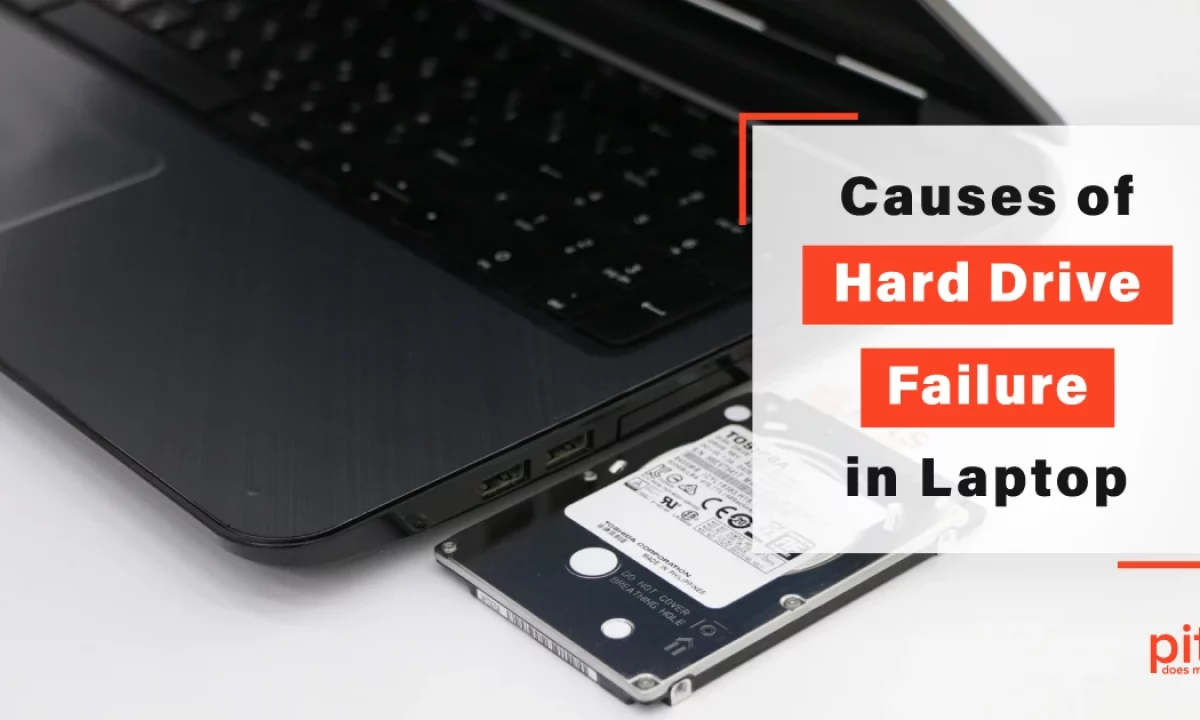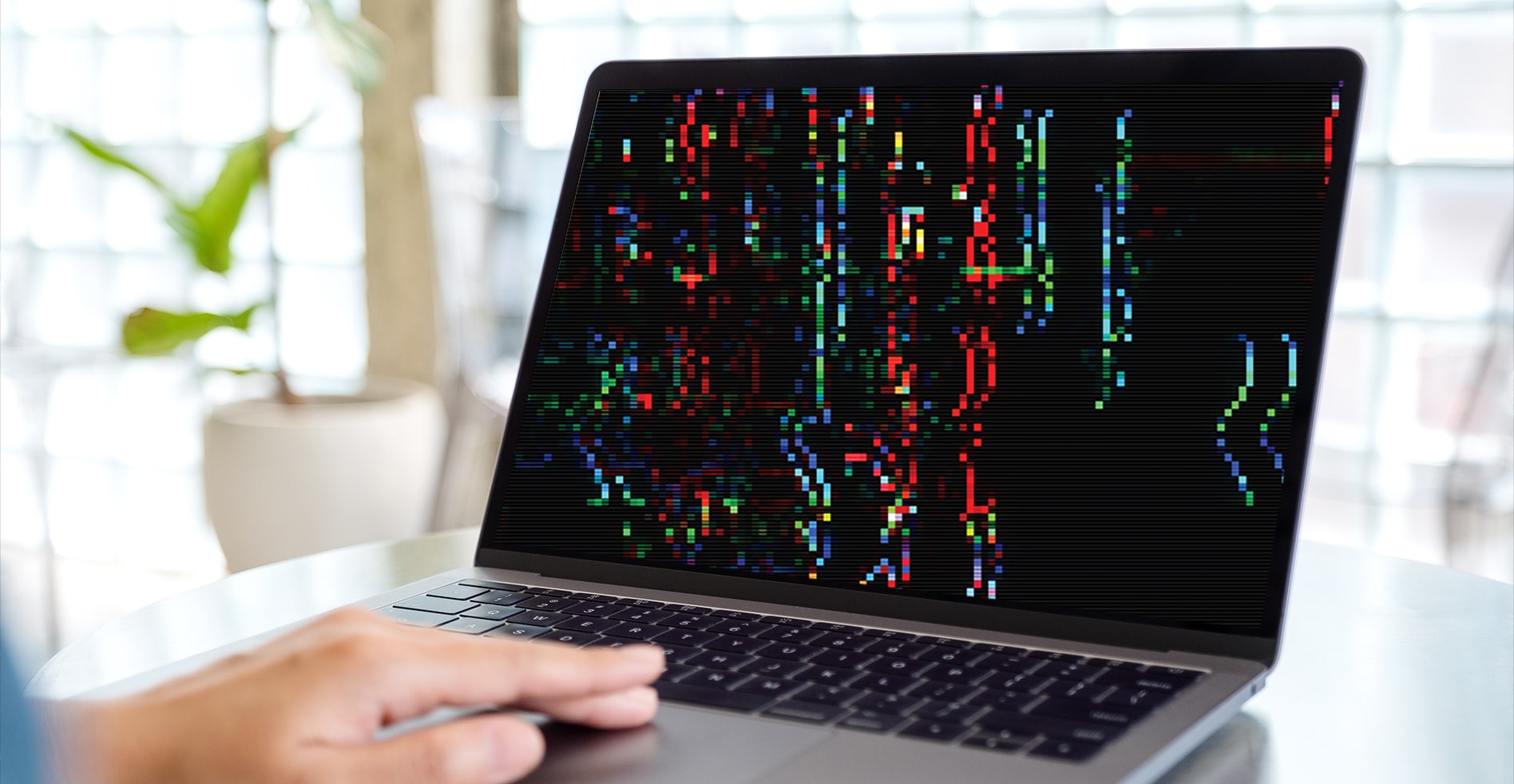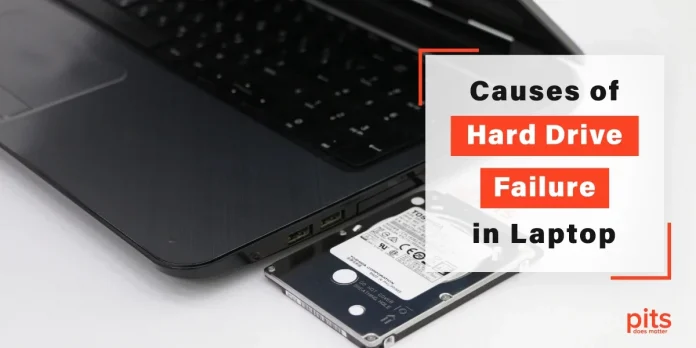In today’s digital age, laptops are essential tools for work, education, and entertainment. However, they are not invulnerable to malfunctions. Understanding the common causes of laptop failure and implementing preventive measures are essential for maintaining the longevity and performance of your device.
Poor Maintenance
Poor maintenance is one of the most prevalent reasons for laptop failure. Neglecting basic cleaning and upkeep can lead to dust accumulation, overheating, and eventual hardware malfunction.
Power Surges and Spikes
Power surges and spikes are major culprits in laptop failure. Sudden electrical fluctuations can damage sensitive internal components, resulting in system instability and potential hardware failure.
Hardware Failure
Hardware failure is a significant cause of laptop malfunctions. Issues with components such as the hard drive, RAM, or motherboard can lead to system crashes, data loss, and complete device failure.
Software Glitches
Software glitches and bugs can disrupt the normal operation of a laptop. They may lead to freezing, crashes, or the inability to access critical applications, affecting productivity and user experience.
Human Error
Human error, such as mishandling the laptop, spilling liquids on the device, or accidentally dropping it, can result in physical damage and operational issues. It is important to handle laptops with care to prevent such incidents.

Credit: www.pitsdatarecovery.net
Identifying Different Types of System Failures
System failures can occur due to various reasons, including hardware malfunctions, software bugs, power outages, network issues, human errors, or a combination of these factors. Proper diagnosis is crucial in addressing system failures effectively.
Common Laptop Problems
Laptops can suffer from a range of issues, including slow performance, overheating, battery drainage, Wi-Fi connectivity problems, virus and malware infections, hardware failures, and software crashes. Understanding these issues is vital for timely troubleshooting and resolution.

Credit: www.technology-solved.com
Preventing System Failures
Implementing preventive measures, such as regular system maintenance, updating software, using surge protectors, and ensuring proper ventilation, can help in preventing system failures.
Diagnosing and Fixing Laptop Problems
Memorizing issues, BSODs, keyboard and screen housing vulnerabilities, and power source verification are crucial steps in diagnosing and fixing laptop problems efficiently.
Causes of Hard Drive Failure
Laptop hard drive failure can be caused by physical and logical damage. Understanding the causes and symptoms of hard drive failure can aid in timely backup and data recovery efforts.
Addressing Common Computer Problems
Nine times out of ten, the primary reason for general PC slowdown is a lack of—or the improper distribution of—hardware resources. Understanding and addressing hardware resource issues are essential for maintaining optimal system performance.
Frequently Asked Questions For What Causes Laptop Failure?
What Can Cause A Laptop To Stop Working?
Laptop failure can be caused by poor maintenance, power surges, hardware failure, software glitches, and human error. Blocked air vents can lead to overheating and potential hardware failure. Other common issues include slow performance, battery drainage, Wi-Fi connectivity problems, virus infections, and software crashes.
Some failures can be attributed to bad electrical connections, power supply failure, and corruption of operating systems. Memory issues and faulty components like the keyboard and screen can also contribute to laptop malfunctions. Additionally, hard drive failure can result from physical or logical damage.
What Are The 3 Causes Of Computer Failure?
The three main causes of computer failure are poor maintenance, power surges and spikes, and hardware failure. Poor maintenance can lead to issues with performance and functionality. Power surges and spikes can damage the internal components of a computer. Hardware failure can occur due to various reasons, such as defective parts or overheating.
What Are The Most Common Laptop Problems?
Common laptop problems include slow performance, overheating, battery drainage, BSOD, Wi-Fi issues, viruses, hardware failures, and software crashes.
Why Do Laptops Fail?
Laptops can fail due to poor maintenance, power surges, hardware or software glitches, and human errors. Blocked air vents can lead to overheating and hardware failure. Moreover, system failures can result from hardware malfunctions, software bugs, power outages, network issues, human errors, or inadequate maintenance.
Conclusion
By acknowledging the potential causes of laptop failure and taking proactive steps to mitigate these risks, users can significantly extend the lifespan and reliability of their devices. Regular maintenance, cautious handling, and prompt troubleshooting are crucial in ensuring a smooth and uninterrupted computing experience.

